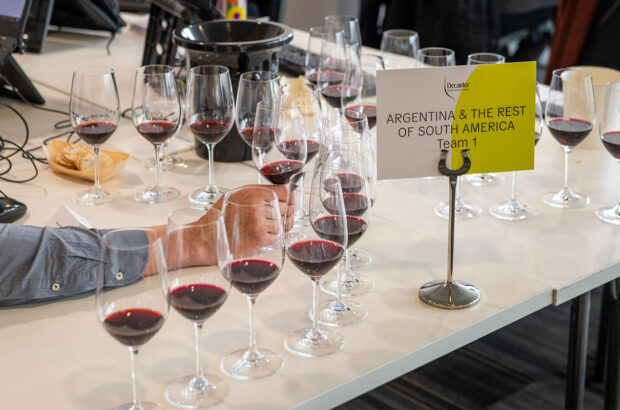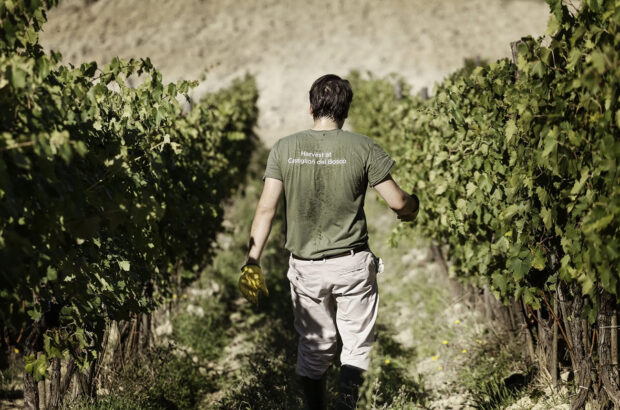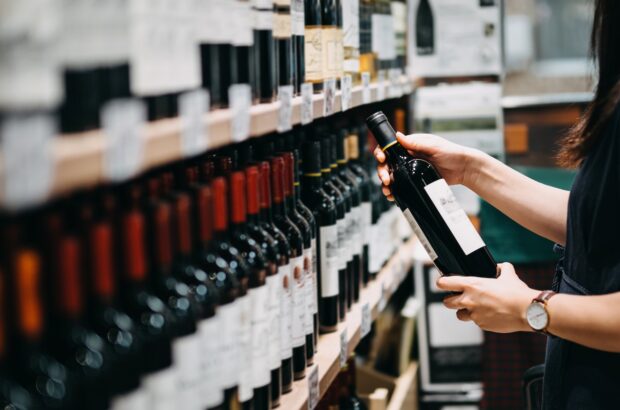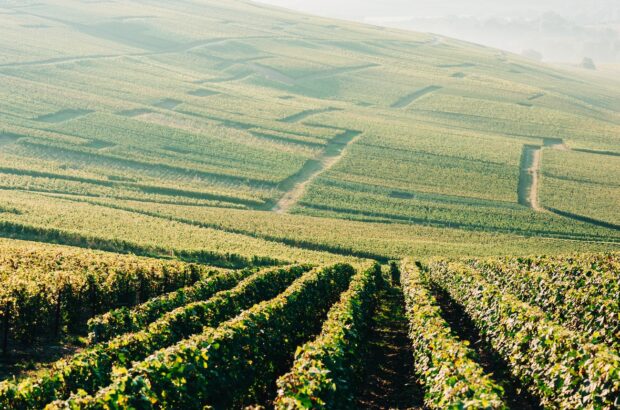The European Union's first rules governing organic wine production have come into force – but some are concerned that they do not go far enough.
‘Organic vineyards in Austria: some critics are concerned that new EU rules are inadequate
The regulations, which came into force on 1 August, are the culmination of a 20-year debate and, until now, Europe’s winemakers could only certify grapes as organically grown.
‘I don’t think they are strict enough,’ said Barranco Oscuro’s Manuel Valenzuela, a pioneer of ‘natural’ wines in Spain.
There is particular concern at the sulphur dioxide levels permitted in organic wine, which are 30-50% lower than the limits for conventional wine.
‘We know that a number of bodies in Europe weren’t entirely happy with the regulation,’ said Chris Atkinson, head of standards at the UK-based Soil Association, which has tougher sulphur dioxide limits in its own certification scheme than the EU. ‘But it sets a baseline that allows us to move forward.’
Others take a more hardline stance: ‘For us in our area, even if you use organic yeast, you are not organic,’ said Christine Saurel, of biodynamic winery Montirius in Vacqueyras, southern France.
‘If you are organic in your mind and spirit, you know that what you are doing in the vineyard is to improve life, and this will improve the natural yeast in your grapes.
‘I understand why they are doing it, but it can’t be just a rule. You have to change your mindset.’
Neil Palmer, director of organic wine specialist Vintage Roots, welcomed the EU regulation as ‘a step in the right direction’.
Vintage Roots has started to list wines as ‘low sulphur’ if they use at least 50% less than the EU maximum.
Written by Chris Mercer







